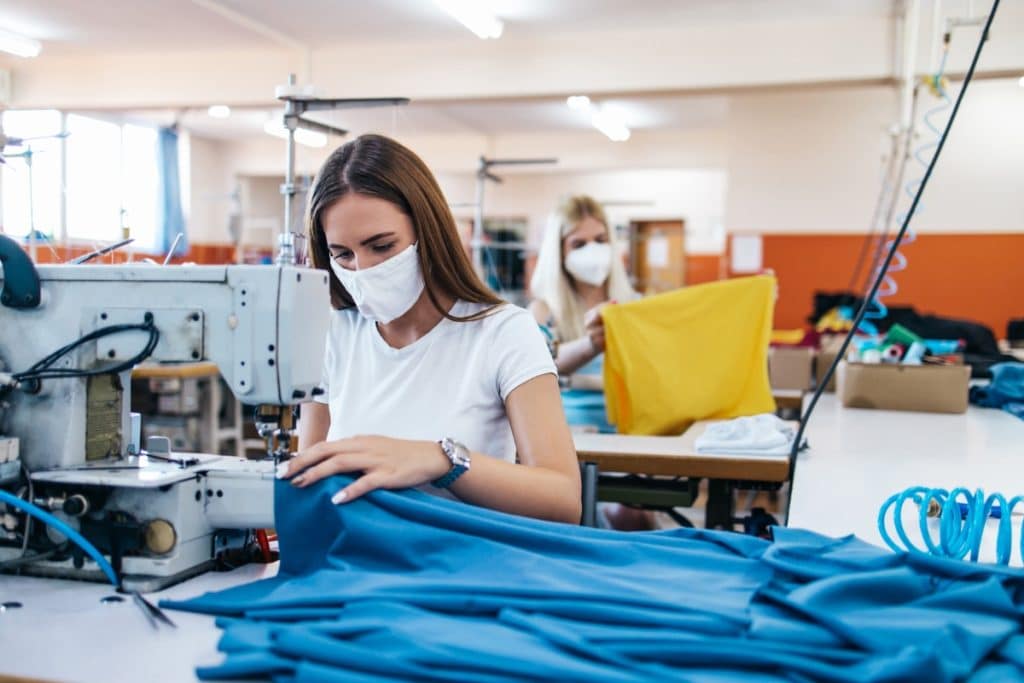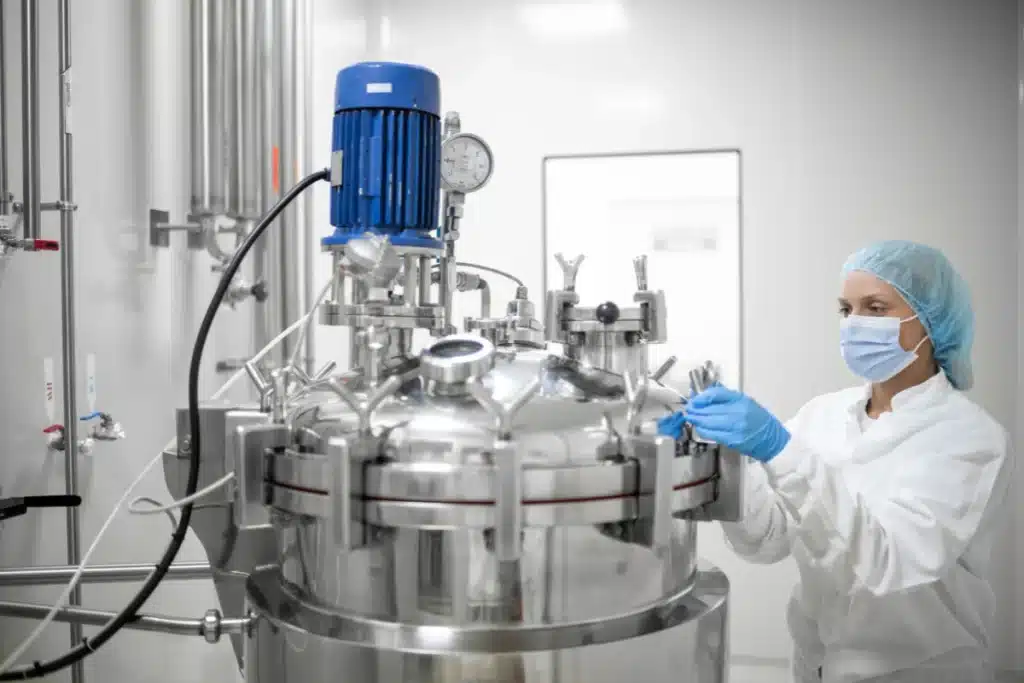Manufacturing companies in the textile industry are always busy, having multiple departments that handle different roles. Their primary activity is manufacturing and selling clothes, much like any other industry. To operate your textile business effectively, you must coordinate all stakeholders and streamline operations.
Implementing enterprise resource planning, or an ERP, creates a practical approach for firms in the textile industry to link their departments virtually. ERP for textiles helps automate and streamline processes while centralizing all company information.
So, let’s see how ERP helps deal with the challenges in your textile business and its standout benefits.
Does Your Textile Business Need an ERP?
The textile business is booming with much potential to grow your establishment. However, the textile manufacturing process has several steps, from raw materials collection to design and marketing. Your firm should have a system capable of evaluating your data to grow and streamline your operations.
A cloud-based ERP will provide your staff with everything they need to plan and organize data while managing the different stages of textile manufacturing. The configuration achieved also collects and stores data related to fabric production, raw materials management, and import and export of products.
Centralized storage makes it easy for departments to share and access company information, promoting inter-departmental collaboration. The ERP system also makes it more convenient for your team to link data with other affiliate businesses. If you want to achieve maximum productivity and efficiency, it is high time you implement an ERP like GoldFinch in your textile company.
What Are the ERP Benefits in the Textile Industry?
Textile ERP software aims to streamline your business’s processes by automating systems. It also promotes transparency and supports inter-departmental communication by storing data from all departments in centralized storage. It would help to consider cloud-based ERP solutions for benefits like real-time information access and end-to-end visibility.
Here are the benefits of ERP implementation in your textile business:
Better Inventory Management
Implementing an ERP in your textile business helps manage stock operations automatically. It means you’ll consistently deliver the right product to its recipient promptly. Solutions like GoldFinch have inventory management features providing batch traceability and centralized inventory.
The software also integrates the other systems in your business, from production to sales, generates real-time reports, and helps your team make more informed decisions. It would help to evaluate the ERP system frequently to avoid handling unnecessary or inadequate inventory.
Optimizes Production
It is crucial to optimize the textile manufacturing process during production. It makes it easy for management to identify potential threats and take proactive steps to maintain smooth operations.
An ERP for textiles helps handle all these challenges effortlessly while providing multiple angles to optimize production. The system’s functions include managing employee efficiency, raw materials availability, and quality management. Your business will benefit more with less effort.
Streamlines Your Supply Chain
ERP plays a crucial role in your supply chain function; it streamlines, tracks, and effectively manages it. Businesses dealing with global markets understand the significance of having an ERP to facilitate their supply chain network.
The ideal system should use historical data to predict market requirements while helping businesses prepare and execute orders quickly. Generally, successful ERP integration in your textile business will help save time and money.
Easy Payments and Receipts Handling
Cost accounting is one of the most challenging functions for companies with multiple clients or different products. Textile companies find it hard to keep track of payments and receipts, especially for established firms dealing with dozens of stakeholders.
Your team needs a practical ERP to manage payments and receipts seamlessly. ERPs like GoldFinch can quickly process critical financial data and generate taxation and MIS reports. Such features come in handy when you want to analyze your financial situation in-depth and accurately.
Remote Access and Security
The modern workplace does not require all employees to be at their desks for eight hours, five days a week. You can implement an ERP for textiles and enjoy remote access to company information. The system provides access to employees whenever they want, provided they have internet access.
Controlled access is another outstanding feature in textile ERPs. It guarantees data safety and provides crucial information to on-field employees, helping them close more sales and execute quality checks. The centralized storage also automates backups and saves all company information to the cloud in real-time.
Maximizes Productivity
ERP for textile businesses maximizes productivity effectively by reducing machine downtime and improving employee morale. The solution optimizes machine performance to achieve maximum uptime while providing real-time asset information to the management.
Your ERP also helps record and track machine information, like how many hours it operates, to ensure safe operation. The data collected will help schedule servicing and maintenance if under or over-utilized.
Why GoldFinch ERP for Your Textile Business
GoldFinch is a comprehensive ERP for textile manufacturers and distributors looking to sew their company together to achieve internal objectives. The ERP provides access to several tools and features to help coordinate the different processes and stakeholders.
Here is how GoldFinch optimizes operations and maximizes efficiency in your textile business:
- It takes into account color and size combinations, creates a sales invoice, and generates the packing list, among other functions involved in making a sales order entry
- It guarantees effective inventory management by grouping the materials and products in batches
- It enhances production by providing a comprehensive breakdown of consumption from waste calculation to product tracking
- It establishes a centralized storage system that allows remote and controlled access
Note that GoldFinch provides your textile business with more benefits than mentioned above. The platform also pairs well with other process management platforms like Salesforce and Xledger. Unify your business data and achieve production leverage by implementing GoldFinch ERP in your textile business today.
Conclusion
Textile businesses with an operational ERP system significantly enhance their competitive advantage through innovation and flexibility in the features provided. More and more companies dealing with textiles continue implementing ERP solutions, and so should you. GoldFinch provides everything your team needs to handle operations effectively while increasing efficiency and productivity.
Contact us to get started today!



